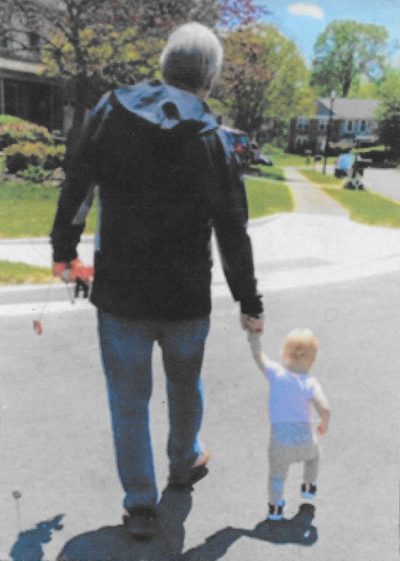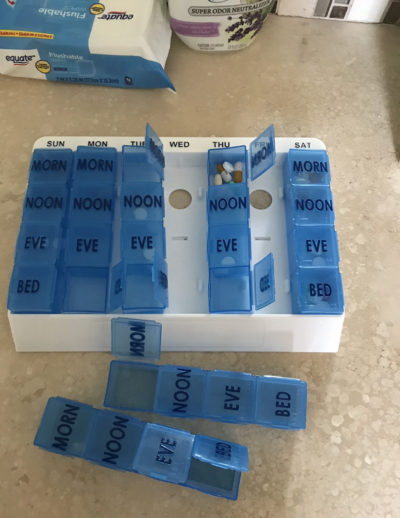
(8-30-21) Having supported the National Alliance On Mental Illness for years, I wasn’t surprised when a solicitation letter arrived in my mail box.
But I was when I opened it.
The well-written request asked if I would consider putting NAMI in my Last Will and Testament.
Welcome to turning 70 years old!
When my mother was 93, she looked in the mirror one morning and wondered who that old lady was. I understand her words better now as I enter my seventh decade. I continue to feel as if I can do the sort of physical activities I did when I was in my 30s and competing in marathons and triathlons. Now, instead of going for a five mile run in the mornings, I sit in a hot tub trying to loosen up.
Which brings me to my point. For the past 14 years, I have posted at least one blog, often two, here each week. At last count, 1,382 blogs.
While I have no plans to stop, I am going to allow myself the luxury of posting sporadically in the future. I find the birth of a third granddaughter and the pending birth of my first grandson calling me away from my computer more often these days.
My passion and advocacy hasn’t diminished, but like my former running days, I’ve decided to slow my pace.
Talk to you soon – but not weekly!






